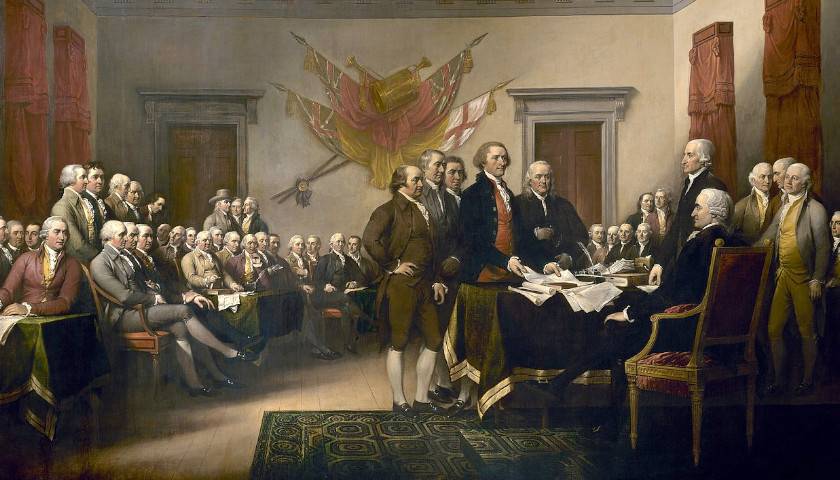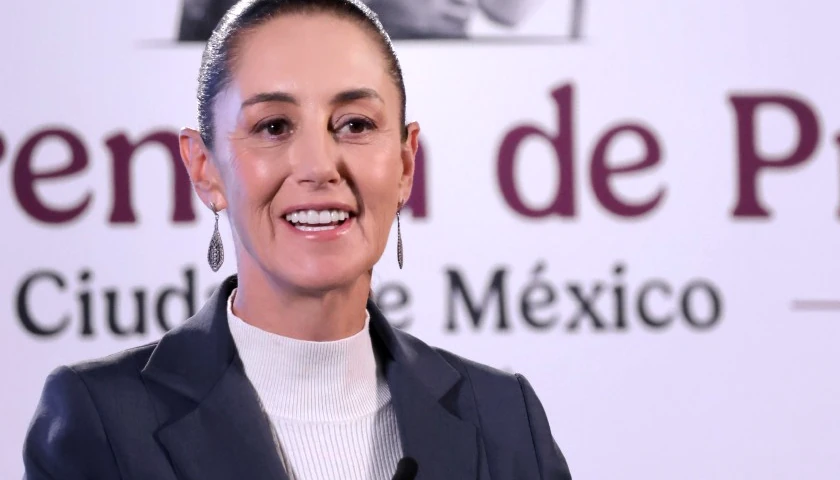by Adam Carrington
We live in politically divided times. How we describe the sources of our divisions, though, varies. Some focus on principles such as equality, justice, liberty, and order. Some take up policy disputes related to those principles while others look to economic class, race, or even geography.
Does using these lenses to view our divisions violate our founding principles? Since humans will disagree about justice, especially its application, one can defend principled lines. Indeed, our Founders created mechanisms of elections and deliberative bodies to adjudicate those differences. Moreover, one can rightly conclude that race presents a troubling source of division in light of our commitment to human equality.
But what about economic or social class?
The issue of class holds particular salience today, because its relationship to our broader partisan divides has changed drastically over the past several decades. In a recent New York Times piece, Nate Cohn describes our partisanship in terms of education, a demarcation of social class that has largely replaced distinctions by economic class and even shows signs of mitigating racial voting disparities.
In his explanation, Cohn shows how the growth of voters with college degrees has changed the political landscape. That block has increased dramatically over the last 60 years, rising to 41 percent of the voting population in the 2022 midterm elections. As that group has gained influence in the Democratic Party, those without college degrees have moved toward the GOP. Accelerating in 2016, working class voters now vote for Republicans at levels unimaginable decades ago.
The difference in education marks a division in principles and resulting policy preferences. College-educated voters tend to hold more progressive views, especially on cultural matters like sexuality, abortion, and, to the degree it is cultural, immigration. Those without a college degree lean more conservatively on such matters. These divisions have replaced partisan lines more delineated by economic factors of rich, poor, and middle class and are lessening the voting gaps according to race. Turning from their existence to their legitimacy, one might argue that both instances of class divides contradict our commitment to equality – constituting various flavors of “identity politics” where we vote according to who a person “is” rather than what they believe or how they act.
The Founders were keenly aware of class divisions. In Federalist 10, James Madison noted that “the diversity in the faculties of men” resulted in “the possession of different degrees and kinds of property.” He continued that “from the influence of these on the sentiments and views of the respective proprietors, ensues a division of the society into different interests and parties.”
We certainly do form partisan coalitions along class lines. The differences in “degrees” of property explain the divide in economic class. The distinction in “kinds of property” also reveal our educational alignment. A college degree is a discrete kind of property that privileges (or discourages) acquiring other intellectual or material possessions.
Yet in Federalist 10, Madison argues these divisions won’t go away. They won’t go away because human beings can’t help thinking (at least in part) along these lines. They also won’t go away because of the commitment to the principle that government exists in large part to protect property rights – including their unequal and varied distributions.
This illuminates an essential principle that oversees our class divisions, neither seeking to destroy them nor merely placating them. In Federalist 51, Madison wrote, “Justice is the end of government. It is the end of civil society. It ever has been and ever will be pursued until it be obtained, or until liberty be lost in the pursuit.” We must order our class divisions, whether economic or social, in the pursuit of justice.
Class divides, including ones in education, can inform justice. In the “Essex Result” (1778), future federal judge Theophilus Parsons argued persons from different classes tended to make distinct, helpful contributions to the pursuit of justice. He saw that the few wealthy and educated people were better suited to contribute “wisdom, firmness, consistency, and perseverance.” The many, he noted, is where “we shall find the greatest share of political honesty, probity, and a regard to the interest of the whole.” You need both sets of virtues to pursue justice well. Thus you need both sets of perspectives to participate in politics. While operating according to majority rule, our system seeks to integrate these different elements into wise and moral policymaking – a kind of checking and balancing of interests toward the common good.
At the same time, class divisions can threaten justice. Federalist 10 warned of “factions,” a group of persons driven by impulsive passions who sought to violate individual rights and the common good. Madison pegs the permanence of our class divisions as one reason we cannot completely rid ourselves of factions and their nefarious goals. Different classes will ever be tempted to say their class should alone rule and their interests as the only just ones, thereby laying the path to violating the rights of others. We can see elements of these perspectives at work in our contemporary politics, wherein the college educated look down on the morals and intellect of “the rest” while “the rest” question the wisdom and values of the college-educated.
Thus our assessment of class divides, whether the older economic ones or the newer educational ones, cannot be a simple endorsement or condemnation. Instead we must return to the wisdom of the Founders. These ever-present divides must be channeled toward good and steered away from bad. We must seek justice, affirming human equality and liberty even as we recognize distinctions among us. While the Founders would tell us we have no other choice, they also would tell us not to despair. Our divisions may be a source of a better unity.
– – –
Adam Carrington is an associate professor of politics at Hillsdale College.





